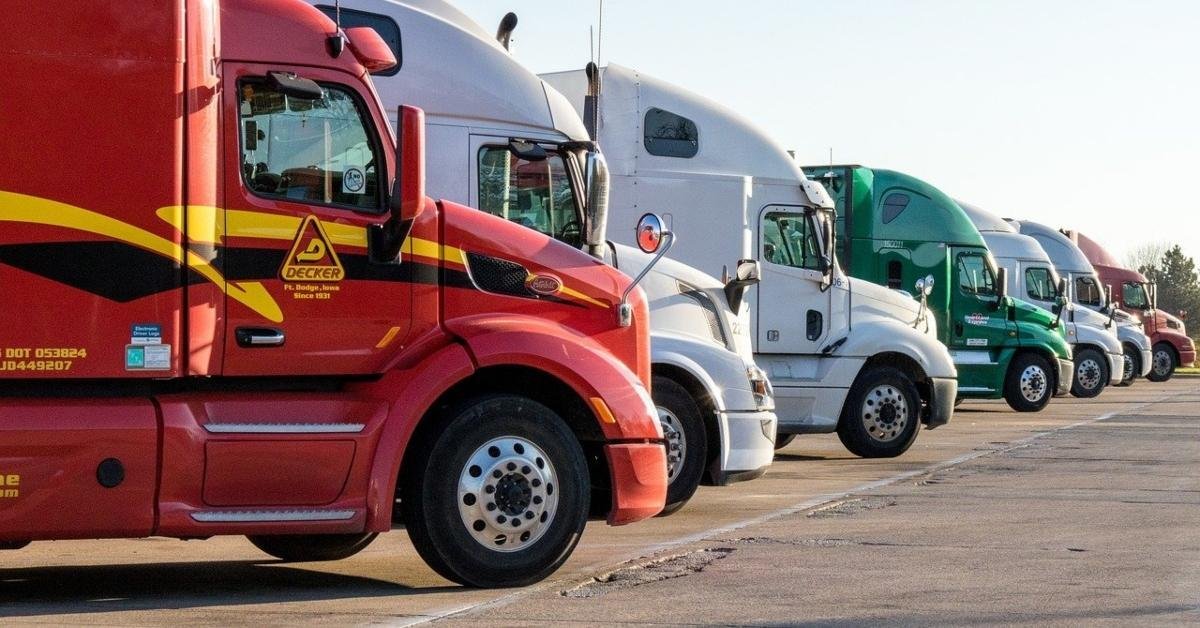Make full use of the power of technology
Director of the Office of the Shanghai Joint Port Management Commission – Xu Guoyi said that China’s logistics industry is at a turning point in digitalization and knowledge, in which the Covid-19 pandemic acts as a catalyst to help the country’s logistics industry overcame that turning point faster and more proactively.
Specifically, China has applied IT to the entire process from planning, applying and controlling the movement of goods, information related to fuel, supplies (inputs) and products final (output) from the point of origin to the point of consumption.
At the planning stage, many Chinese enterprises such as Meituan Delivery Company have applied artificial intelligence (AI) to help predict customer needs more accurately than before. Meituan has digitized the distribution system, using computer algorithms to estimate order volumes and optimize delivery routes, so the company can accelerate the speed, with the ability to deliver 20 orders to customers. average order in just 28 minutes.
Another good example is that Cainiao, the logistics subsidiary of Alibaba Group, will deploy 1.000 robots named “Xiaomanlv” at university campuses and communities across the country. Each robot is not only capable of predicting the movement of people and objects around, but can also carry 50 packages at a time and travel 100km on a single charge, bringing the total amount of goods that can be transported in a day to 500 packages.

In addition, China is also one of the leading countries using drones to support transportation, same-day delivery, and delivery to remote areas.
In terms of logistics management, thanks to advanced IT, Chinese companies have applied the internet of things tool that combines equipment, sensors and data transmission such as energy consumption, heat level, inventory. management center, helping the supply chain operate more efficiently and limit human errors.
Overcoming the limitations of fragmentation in the logistics market
In fact, the logistics market in China, especially in the trucking segment, is a collection of many small-scale companies, prices are unclear, while transportation activities are not optimal, time is trucked must move with up to 40% empty cargo.
To solve this problem, we must rely on the application of blockchain technology. Thanks to its ability to handle complex multi-party arrangements, using distributed ledger technology (a database that can securely record financial, physical or electronic assets for sharing over the network) ) and smart auto contracts, blockchain technology is thoroughly applied, becoming a tool to connect small companies together.
The potential of this technology application in China is huge and according to PwC Research Company’s prediction, China will be the world leader in blockchain by 2023.
On the other hand, from the fragmented environment, the Chinese logistics market has sprung up with startups applying information technology to connect truckers and shippers such as the Full Truck Alliance. Known as the “Uber of the truck industry”, the platform is doing business and making money through intermediary services for freight services across 300 provinces and cities in China.

The company will connect shippers with the nearest shippers via a smartphone app, profiting from collecting membership fees and brokerage fees based on the difference between the two parties’ total proceeds. Full Truck Alliance is partnering with 1,3 million shippers and 2,8 million truck drivers, reaching sales of $396 million in 2020.
Phan Quyen













